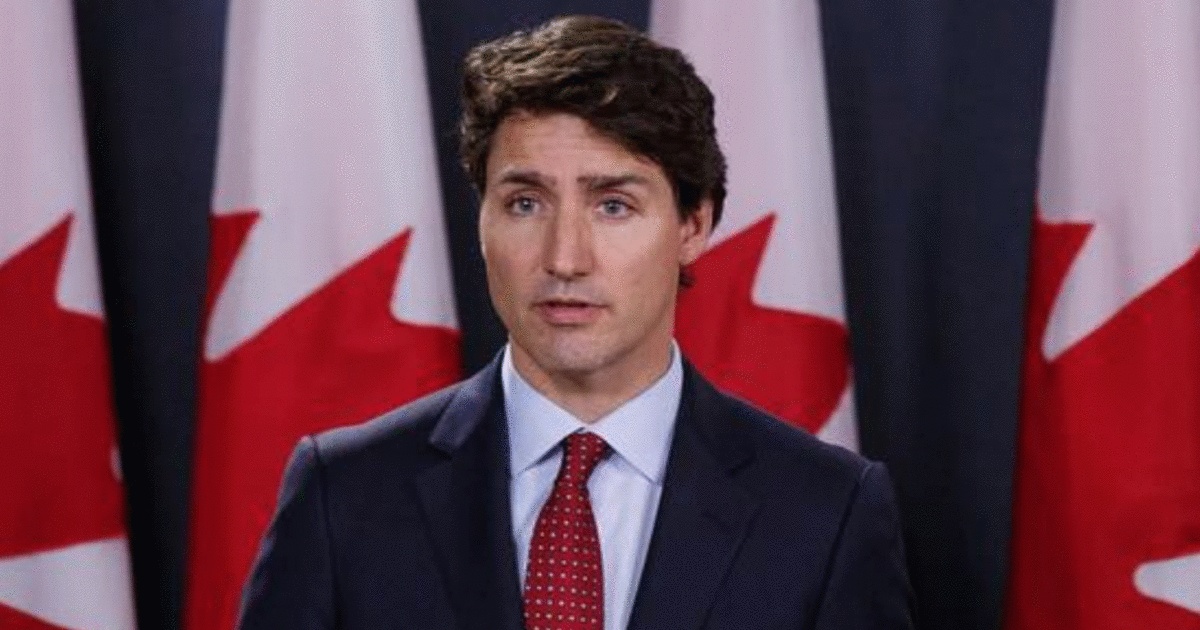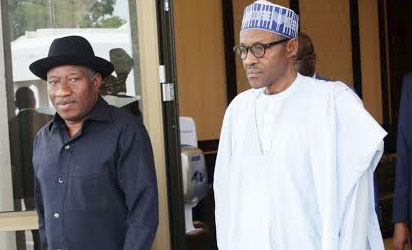11 March 2019
Deferred Prosecution Agreement (DPA) is a voluntary alternative to adjudication in which a prosecutor agrees to grant amnesty in exchange for the defendant agreeing to comply with certain conditions. The defendant, under this agreement, agrees to pay fines, implements anti-corruption reforms, and fully cooperates with the investigation. The quantum of the fine and the anti- corruption measures to be implemented by the defendant are all determined by the prosecutor and agreed by the defendant. Failure of the defendant in implementing the conditions stipulated will result in a court trial for the defendant. A non-prosecution agreement (NPA) is similar to DPA.
Often it is difficult to gather enough evidence to convict a person on corruption charges. Gathering evidence can be expensive and time consuming. DPA makes the life easy for the prosecutors. Discussions for the implementation of DPA in Canada began in February 2016.Prior to the DPA, Canada already had prosecutorial discretion in place, under which offending companies could negotiate a non-criminal penalty for a criminal act. In June 2018 Canada enacted a DPA amending the Criminal Code. This brings Canada in line with many other countries that have deferred prosecution agreements, including the U.S., the U.K. and most other European countries.
The Federal Court of Canada on Friday dismissed a request by SNC-Lavalin to review a federal prosecutor’s decision declining to settle criminal charges against the company out of court. The judge said that that prosecutorial discretion is not subject to judicial review, except for abuse of process.
The prosecutor’s decision has been at the centre of a political dispute that rocked the country and resulted in the resignations of two ministers of Trudeau government and his principal secretary. It also led to the hearings at the House of Commons justice committee after senior officials reported pressure on the then attorney general Jody Wilson-Raybould between September and December Last year.
However, Kathleen Roussel, director of public prosecutions, declined to negotiate a DPA and the then attorney-general Jody Wilson-Raybould who had the legal authority to issue a public directive to Roussel to negotiate a DPA, refused to give such a directive.
SNC had either been found guilty or was alleged to have paid bribes in Libya, Bangladesh, Algeria, India, Kazakhstan, Tunisia, Angola, Nigeria, Mozambique, Ghana, Malawi, Uganda, Cambodia, Zambia and Québec. The projects in these countries were done with either World Bank or Canadian aid funds. So SNC was able to inflate its contract price and oil the palms of the beneficiaries. The Wold bank has barred SNC from contracting for its aid projects for a period of 10 years.
If SNC is sued under the existing laws it is almost sure that it will be banned from doing government projects within Canada for a period of 10 years. Almost all its contracts are with the Canadian government. SNC employs some 9000 people in Quebec, which is a key state for Trudeau’s coming election. That is why he wants to save the jobs of the employees of SNC. It employs 50,000 people worldwide.
There is no other construction company in Canada capable of handling large scale projects. SNC currently has roughly $8.6 billion worth of planned infrastructure projects, mostly in Canada. SNC is also on the short list to build the $3.6-billion expansion of Ottawa’s light rail system. However, economists argue that other companies will fill in if SNC were not there to handle these projects.
Hopes are high that David Lametti, the new Attorney General, will direct the public prosecutor to agree on DPA, thus closing the chapter on SNC scandal.
The Xinhua news agency reported.















